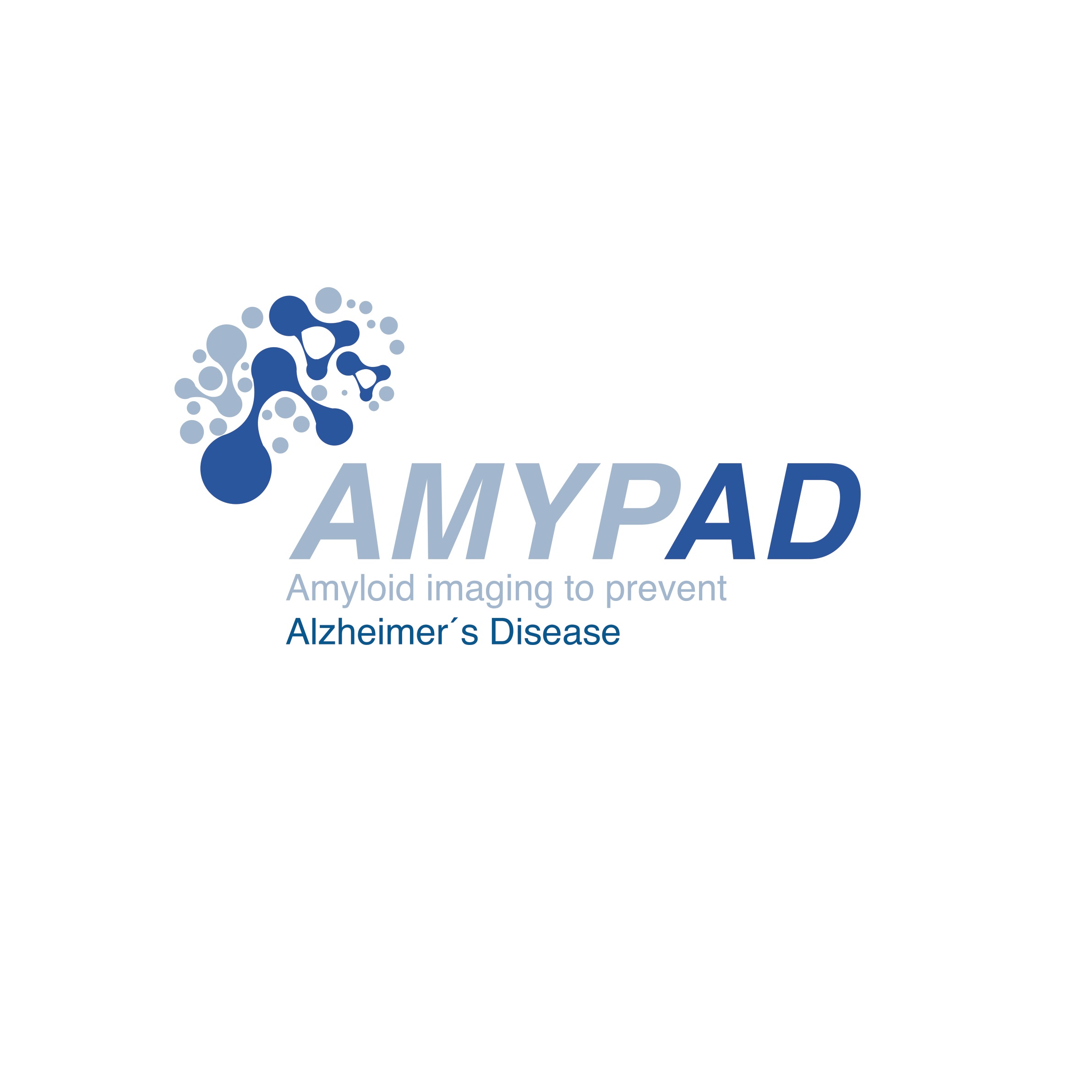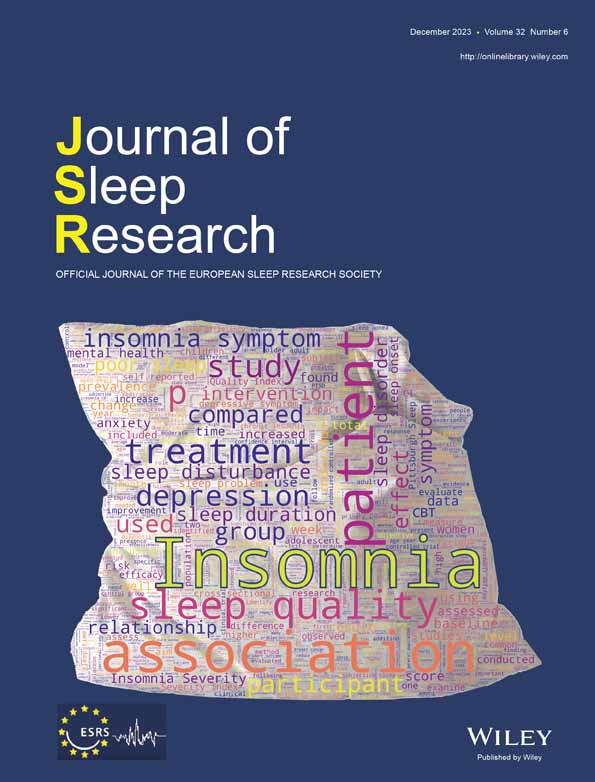
- The AMYPAD consortium, in its partnership with Aridhia and ADDI, is delighted to announce the external release of its PNHS dataset.
- The integrated dataset represents the largest European PET dataset phenotyping longitudinally individuals at risk of AD-related progression.
- The public dataset has been incorporated into the AD Workbench to provide even greater value to the global neuroscience research community.
Supported by the Innovative Medicines Initiative (IMI) through the Amyloid Imaging to Prevent Alzheimer’s Disease (AMYPAD) project, the Prognostic and Natural History Study (PNHS) was an open-label, prospective, multicentre, cohort study aiming to understand the role of amyloid positron emission tomography (PET) imaging in the earliest stages of Alzheimer’s disease (AD). The study was established to collect amyloid PET scans in a large-scale population and included participants from 11 European parent cohorts of similar characteristics in a predementia phase. The first external data-release of the AMYPAD PNHS study has been made in June 2023. Data from the multiple data sources have been integrated using the Aridhia Workspaces infrastructure and are now available to the research community through the AD Workbench of the Alzheimer’s Disease Data Initiative (ADDI), which is an open, global and free cloud-based platform for scientists to accelerate discoveries and innovations for AD and related dementias. To access the data, you will need to make an online request via the AD Workbench.
“We are proud to partner with ADDI to help further our understanding of the early stages of AD to accelerate scientific progress. This partnership powers global open access to project’s data. The PNHS dataset will be maintained and improved over the next years thanks to the close collaboration with ADDI.”, said Frederik Barkhof (Amsterdam UMC) and Gill Farrar (GE HealthCare), AMYPAD Project Coordinators.
For more information about the AMYPAD PNHS, you can download the study design paper published in the journal Alzheimer’s & Dementia here.
For more information about AMYPAD, please visit: https://amypad.eu/
For more information about ADDI, please visit: https://www.alzheimersdata.org/
For more information about Aridhia, please visit: https://www.aridhia.com/
About the AMYPAD PNHS Data
The AMYPAD PNHS data collection is a combination of prospective and historical data from multiple European sites in Belgium, France, Germany, Spain, Sweden, Switzerland, The Netherlands and The United Kingdom. These sites have provided information through 11 parent cohorts, including EPAD LCS, EMIF-AD (60++ and 90+), ALFA+, FACEHBI, FPACK, UCL-2010-412, Microbiota, DELCODE, H70 and AMYPAD Diagnostic and Patient Management Study (DPMS).
The current dataset includes a total of 3,368 participants. Of them, 1,620 underwent a baseline amyloid PET that includes the visual read and the Centiloid quantification (1,476 subjects), among other metrics. Moreover, 888 participants have (at least) one follow-up PET scan, 763 of them with Centiloid quantification. The participant’s clinical outcomes (e.g., cognition), disease (imaging) biomarkers, risk factors (e.g., genetics and environmental), and other relevant variables are included in the dataset. The dataset is planned to be further expanded, both in terms of parent cohorts and in available data (e.g. quantification of advanced MRI sequences, genetics, blood biomarkers, etc.).
How to access the AMYPAD PNHS data?
AMYPAD offers a way of accessing the data to academic researchers, institutions and companies from all over the world. This is shared through secure online Workspaces and you will need to make a formal request to access the imaging, clinical, and biomarker data for scientific research investigation and/or educational activities. The application can be performed via the FAIR Data Service of ADDI.
You can find the data access request procedure for the AMYPAD PNHS here.
If you are requesting access to the AMYPAD PNHS, you should accept the responsible use of the data under the terms described here.
Requirements for publishing results
AMYPAD encourage the publication of any research arising from the AMYPAD PNHS. If results are published that were generated using the AMYPAD PNHS data, it is mandatory to acknowledge the AMYPAD Consortium and the grants that supported this IMI project. More details are provided in the document here, which outlines the policies for publication and the publication credits for those who use the AMYPAD PNHS data.
Acknowledgements and disclaimer
The AMYPAD project received funding from the Innovative Medicines Initiative 2 Joint undertaking under grant agreement No 115952. This Joint Undertaking received support from the European Union’s Horizon 2020 research and innovation programme and EFPIA.
This communication reflects the views of the consortium and neither IMI nor the European Union and EFPIA are liable for any use that may be made of the information contained herein.







